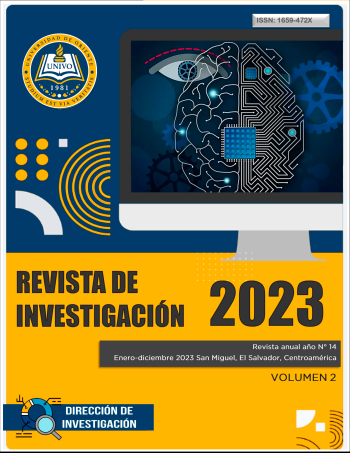Self-medication and sleep hygiene in patients with systemic lupus erythematosus: a salutogenic view
DOI:
https://doi.org/10.5377/revunivo.v2i14.17024Keywords:
Self-medication, Sleep hygiene, Lupus, Daily life, SalutogenesisAbstract
This research proposes a theoretical approach for the study of Lupus based on the Salutogenic model of Health by Aaron Antonovsky. The work was presented at the 4th International Symposium of Advanced Topics in Exercise Physiology: Non-pharmacological treatment for the improvement of the quality of life in the Elderly in 2020 in Baja California. Some limitations on the study of Lupus are: (a) lack of a theoretical framework from the Social Sciences; (b) approach centered on biomedical models; and (c) implicit and explicit Health hierarchies, between Social Sciences and Sealth Sciences. Ambiguous diagnoses and prognoses, and the agency capacity of patients and families are emerging themes in the lupus literature. Materials and methods: Nine unstructured interviews using an instrument designed based on the Salutogenic Model (Sense of Coherence). Participants also completed an open interview about sleep hygiene. The interviews were conducted online and via telephone during the COVID-19 quarantine period in El Salvador. Results: the application of the Salutogenic model of Health resulted in the following contributions: 1) identification of the mechanisms that underlie the activities of the Daily Lifestyle of people with lupus (comprehensibility, manageability and meaning); 2) recognition that sleep difficulties arise from the interaction between: pain, stressors related to health and economic conditions, as well as the ability to understand the disease, uncertainty and fear about its social context; and, 3) alcohol consumption and self-medication habits as strategies to fall asleep.
550

